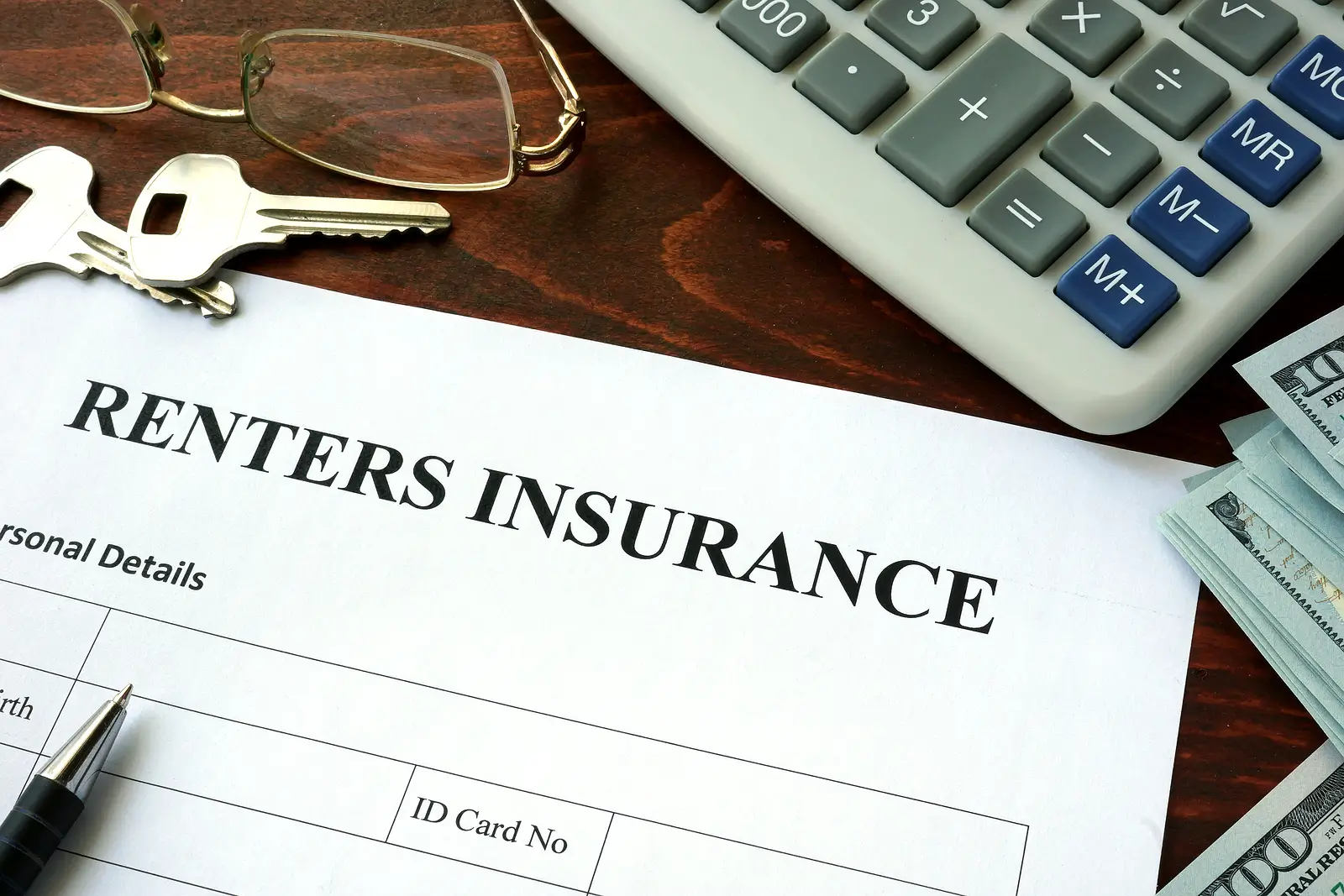If you own rental property, you've probably asked yourself, "Is renters' insurance a must for your tenants?" The short answer is yes; it’s a smart move for both you and your tenants.
At Rental Zebra, we work with real estate investors and landlords every day, and we’ve seen firsthand how a renters' insurance policy can be a game-changer. It provides your tenants with crucial protection and helps shield you from potential legal and financial risks. But let’s break it down further.
Why Renters' Insurance Matters
A standard renters' insurance policy typically covers three key areas: personal property, liability protection, and additional living expenses. This means if a fire damages the tenant’s belongings or if their dog bites a neighbor, the renter's insurance helps protect both the tenant and the landlord from steep costs.
From a landlord’s perspective, this coverage minimizes the chance you’ll be pulled into a lawsuit over a personal property loss or injury in the rental unit. It also encourages tenants to take more responsibility for their possessions and actions.
Renters Insurance vs. Landlord Insurance
Here’s the difference: landlord insurance covers the building structure, not the tenant’s stuff. So if a tenant’s laptop or couch is stolen, your policy won’t help. That’s where renters' insurance comes in. It’s designed to cover electronics, clothing, furniture, and personal belongings—even those in a storage unit.
When you require tenants to carry their own renter's insurance policy, you’re not just protecting them—you’re protecting yourself from the risk of liability claims and property damage.
How Much Renters' Insurance Is Enough?
Determining how much renters' insurance your tenant needs depends on the total value of their belongings. Encourage them to do a home inventory—adding up things like TVs, clothes, computers, and jewelry. Some may also need more coverage for expensive items or replacement cost coverage instead of actual cash value.
A good renters' insurance quote should also factor in potential medical expenses or legal costs if someone is injured on the property.
The Benefits and Challenges
There are many benefits: peace of mind, financial loss protection, and fewer headaches for you as a property owner. Plus, many insurance providers offer discounts for bundling or installing safety features.
Some tenants may resist due to cost or lack of awareness. That’s why it's vital to communicate why you require renters' insurance—to help cover them in case of a covered loss like water damage, vandalism, or theft.
A Win-Win for Everyone
Requiring a renters' policy is smart—it's a simple way to safeguard your investments and encourage responsible tenancy. At Rental Zebra, we believe in building strong, safe, and sustainable rental communities. That includes making sure tenants and landlords are covered.
If you're unsure how to implement renters' insurance requirements into your lease or want help managing your rental property, we’re here to help. Visit our Services or Contact Us pages to learn how we can support your journey as a successful landlord.
FAQs About Renters' Insurance for Landlords and Tenants
1. Can I require my tenants to have renters' insurance?
Yes, as a landlord, you can require renters' insurance in your lease. This protects the tenant and you from unexpected accidents or damages.
2. What does a renters' insurance policy typically cover?
A standard policy includes personal property coverage, liability coverage, and living expenses if the unit becomes uninhabitable. Some policies also include medical payments and legal costs.
3. How much does renters' insurance usually cost?
Costs vary depending on location, coverage limits, and the insurance company, but most policies are affordable, averaging $15–$25 per month.
4. What’s the difference between landlord and renters' insurance?
Landlord insurance protects the building, not the tenant’s belongings. Renters' insurance covers the tenant’s possessions, personal liability, and sometimes medical or replacement costs.
5. How can I educate tenants about renters' insurance?
Include information in your welcome packet, explain during lease signing, and even recommend providers or offer a renters' insurance quote link on your website.







